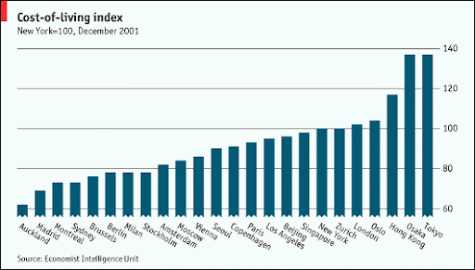Tardy sweeps cause stress, anxiety for students
An Armijo Royal gives a much-needed student perspective on tardy sweeps.
As a student at Armijo High School, I believe that tardy sweeps are a bad idea for several reasons. Firstly, the implementation of tardy sweeps creates unnecessary stress and anxiety among students. The fear of being late and being caught by the sweeps can cause students to feel anxious and stressed, leading to poor mental health and a negative learning experience.
When teachers and staff leave their classrooms to conduct sweeps, it can interrupt ongoing classes, causing a break in concentration for students. This disruption can cause students to fall behind in their studies, which can have a negative impact on their grades and overall academic performance.
The requirement of going to the office to get a pass before being allowed to return to class is time-consuming and inefficient. This requirement can cause students to miss even more valuable instructional time, leading to further setbacks in their learning. This can ultimately lead to a decreased interest in attending school, which can result in poor attendance and disengagement from the learning process.
Tardy sweeps are unfair to students who have valid reasons for being late. For instance, a student who has to walk a long distance to school or takes public transportation may experience delays that are beyond their control. Punishing students for being late due to circumstances that are beyond their control is unjust and can create resentment among students.
In conclusion, the implementation of tardy sweeps at our school is not beneficial to the learning environment. Instead of creating an atmosphere of fear and stress, our school should focus on promoting a positive and supportive learning environment that encourages students to be punctual while understanding that there are valid reasons for being late. Our school should consider alternative solutions that are less disruptive and unfair to students, such as implementing a flexible schedule or providing additional support for students who struggle with punctuality.








